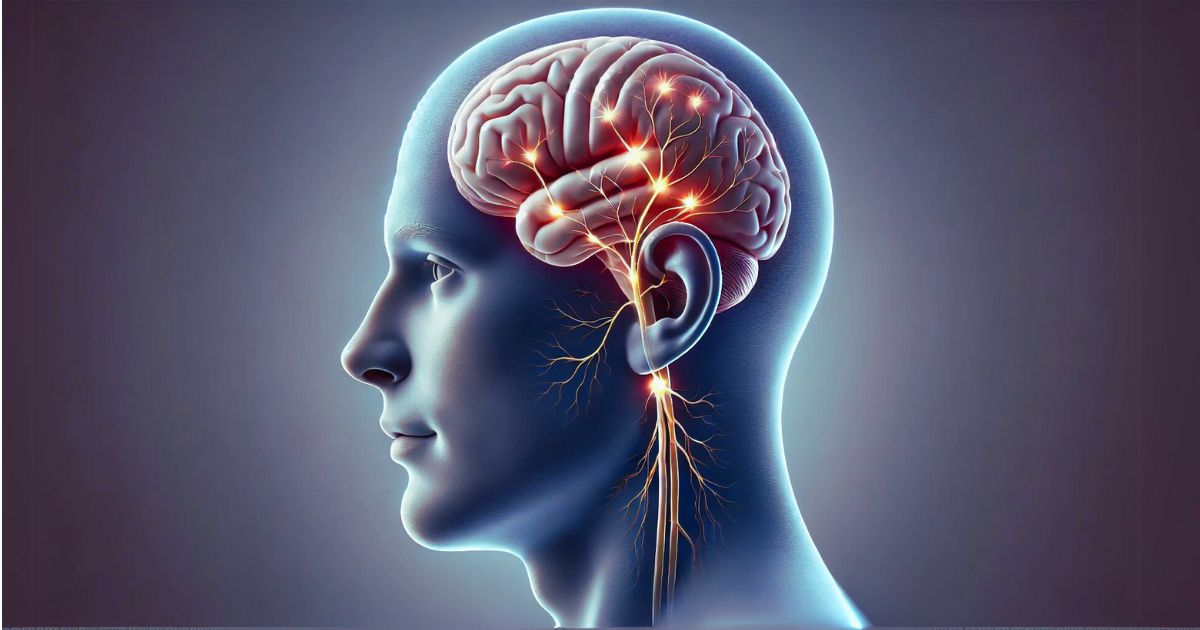A recent study from NYU Langone Health has revealed that stimulating the vagus nerve—a major neural pathway connecting the brain to nearly every organ in the body—can significantly enhance auditory perceptual learning. This process, which helps refine sensory perception, was shown to improve the ability to distinguish subtle sound differences, offering potential benefits for individuals with hearing loss.
Published in Nature Neuroscience, the study focused on the effects of vagus nerve stimulation (VNS) in mice. Researchers trained 38 mice to distinguish between musical tones. While all the mice improved their performance over time, those receiving VNS made 10% fewer errors compared to the untreated group. In the most challenging tasks, where the mice had to differentiate very similar tones, those with VNS performed even better, making half as many mistakes as their counterparts.
“Our findings suggest that activating the vagus nerve during training can push past the limits of what animals, and perhaps even humans, can learn to perceive”
–Kathleen Martin, Lead Study Author
Cholinergic Pathways Key to Success
Through two-photon imaging, the researchers identified that VNS triggered changes in the auditory cortex and activated cholinergic pathways, which are involved in attention and memory. Suppressing this system during VNS stimulation eliminated the learning benefits, highlighting its essential role in the process.
“These results highlight the potential of vagus nerve stimulation to speed up hearing improvements from cochlear implants,” said Dr. Robert Froemke, senior author of the study. The team plans further research to explore the use of VNS in cochlear implant recipients, with the hope that it could accelerate the adaptation process, helping individuals improve their hearing faster.
Potential for Auditory Rehabilitation
The findings offer promising implications for auditory rehabilitation, particularly in helping cochlear implant users adapt more quickly to their devices. By enhancing perceptual learning, VNS may improve speech comprehension and auditory engagement, addressing the long-standing challenges many patients face when adjusting to cochlear implants.
While these results are compelling, further studies in humans are needed to fully understand the clinical applications of VNS in hearing therapy. This research opens new possibilities for improving sensory learning and rehabilitation through neuromodulation techniques.
Citation
Martin, K. A., Papadoyannis, E. S., Schiavo, J. K., et al. (2024). Vagus nerve stimulation recruits the central cholinergic system to enhance perceptual learning. Nature Neuroscience. https://doi.org/10.1038/s41593-024-01111-8
Source: NYU Langone, Nature Neuroscience






